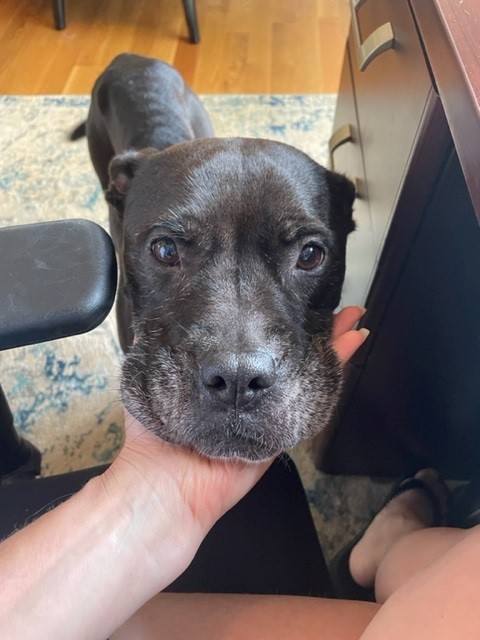OP your username is “Dawg Lady” so that might be the answer to a lot of questions right there … 
Three things I would suggest considering …
-
Do you travel? Often? Do your current dogs go with you? What if new dog isn’t copacetic with your travel routine for your dogs?
-
As others have said, the best chance of success is to put the needs of your existing family and dog-family first. Of course there’s an adjustment period, that’s fair. But whatever you bring in needs to not make a current family member miserable. Not just temperament, but size, energy level, sociability with other dogs (it may improve but not completely change), etc.
-
Be ready to adapt to the dog, rather than the dog adapting to you. Should it turn out that way. This is one of the biggest challenges with rescue animals. It’s that box of unknown chocolates, you do all of the screening you can manage but you still don’t know what you will get. Shelter life does not set up dogs to show their true selves. And the animal may have a problematic background that limits their ability to adjust.
So in the end, it may be your crew re-working their lives around a new rescue dog, rather than the other way around. Or maybe the dog just fits right in as if they have always lived there. It’s important to a successful adoption to be ready for both outcomes.
All that said, last year my dear friend-family decided to add another shelter dog to the family, to the great concern of their 7 year old shelter dog of many years, who is one of the best dogs ever. The new 6 month old pup was a little firework who loved everything about her new home. She was working a few human nerves, though. It took a huge amount of time and attention to marshal her great enthusiasm for life. They did get training help and counsel. Now she and the older dog are a BFF team, she behaves well, travels well, and she’s another wonderful dog pet. Thanks to the family’s adaptable whatever-is-necessary approach to raise her well and get her settled in.
I think this is the most important thing. Being fair to your current crew, who do not deserve to suddenly have a bully or a lunatic suddenly forced into their lives, one they can’t escape.
But hopefully the new dog is a new friend who just fits right in. 



 !
!
